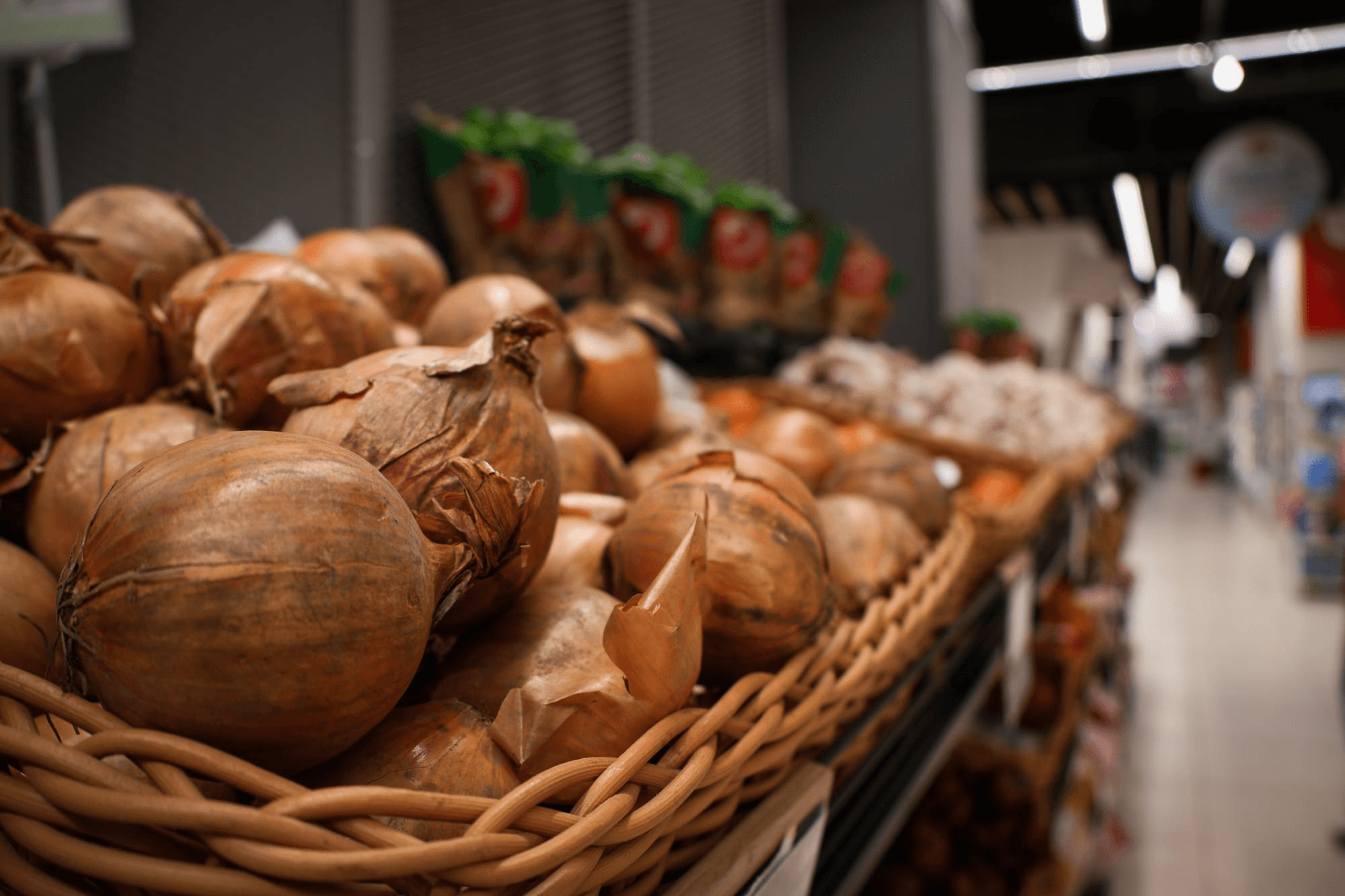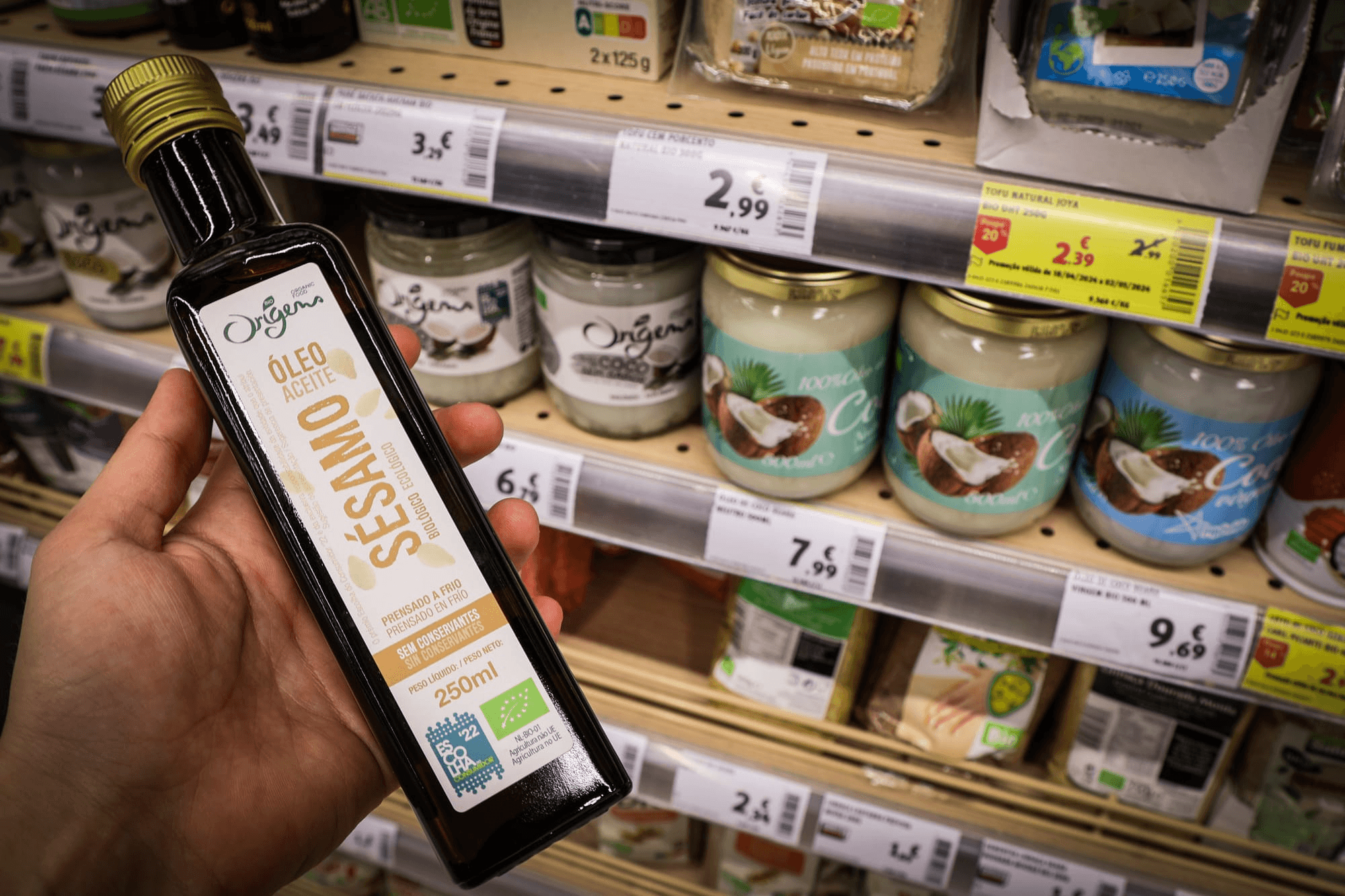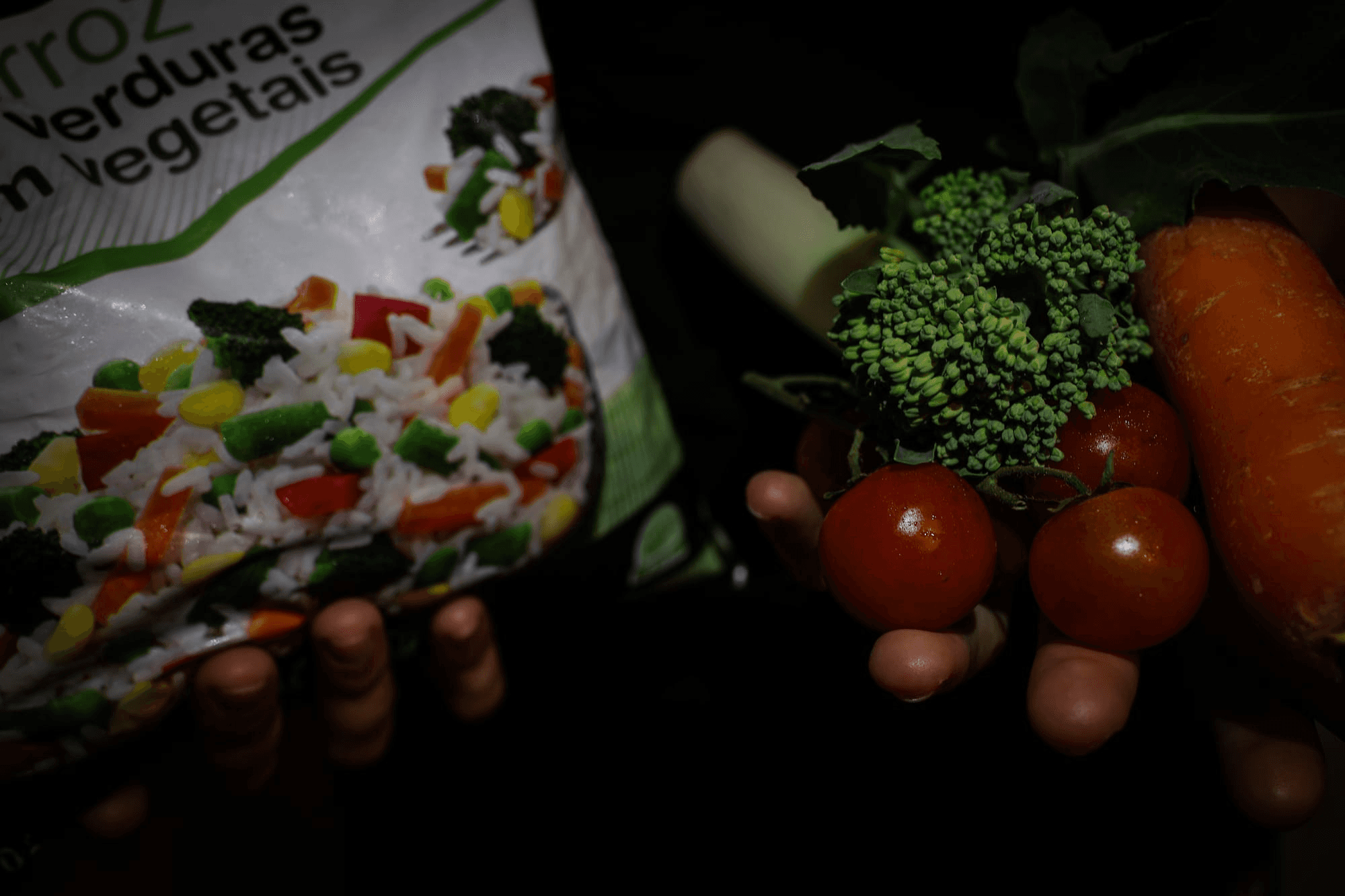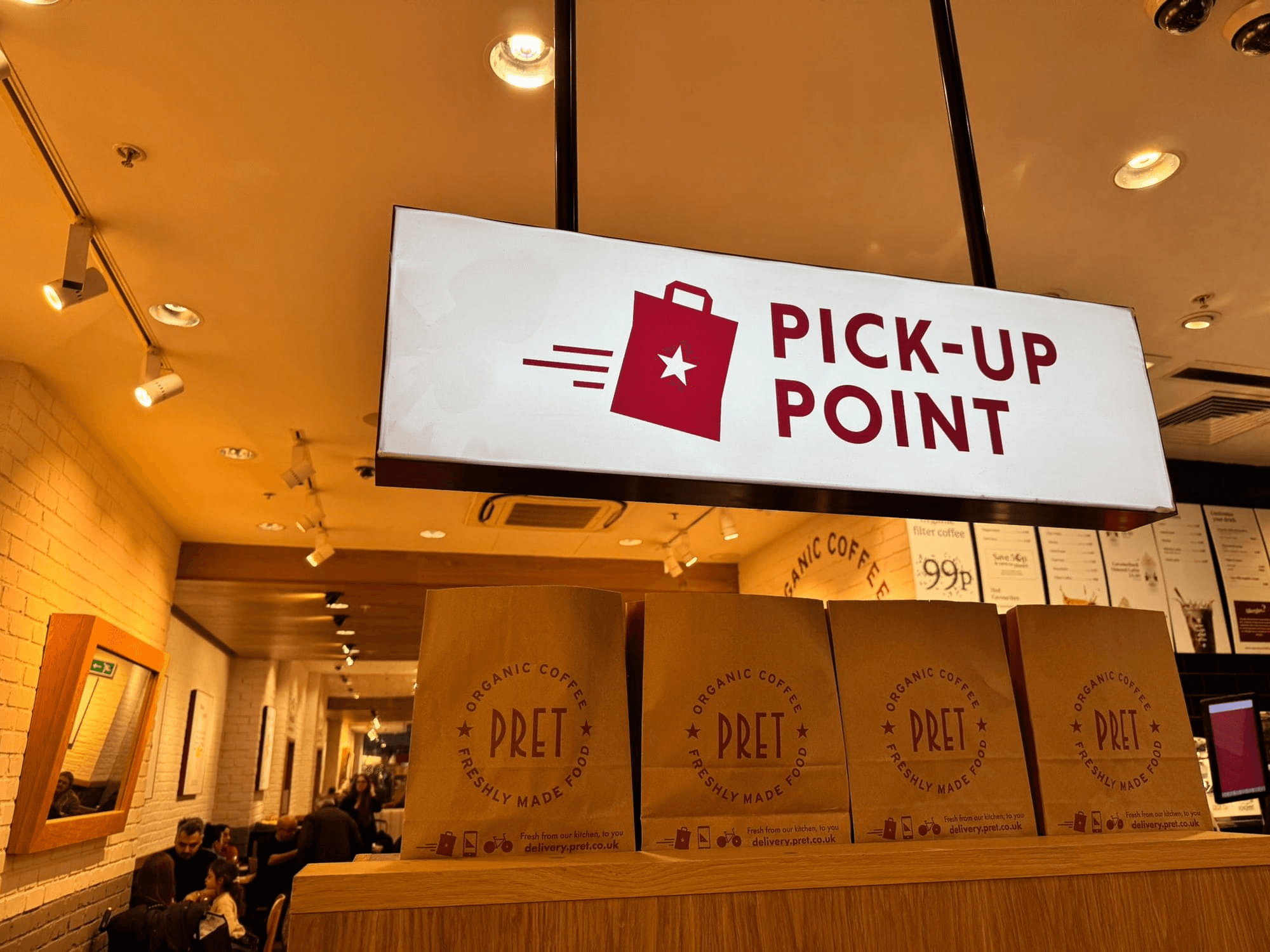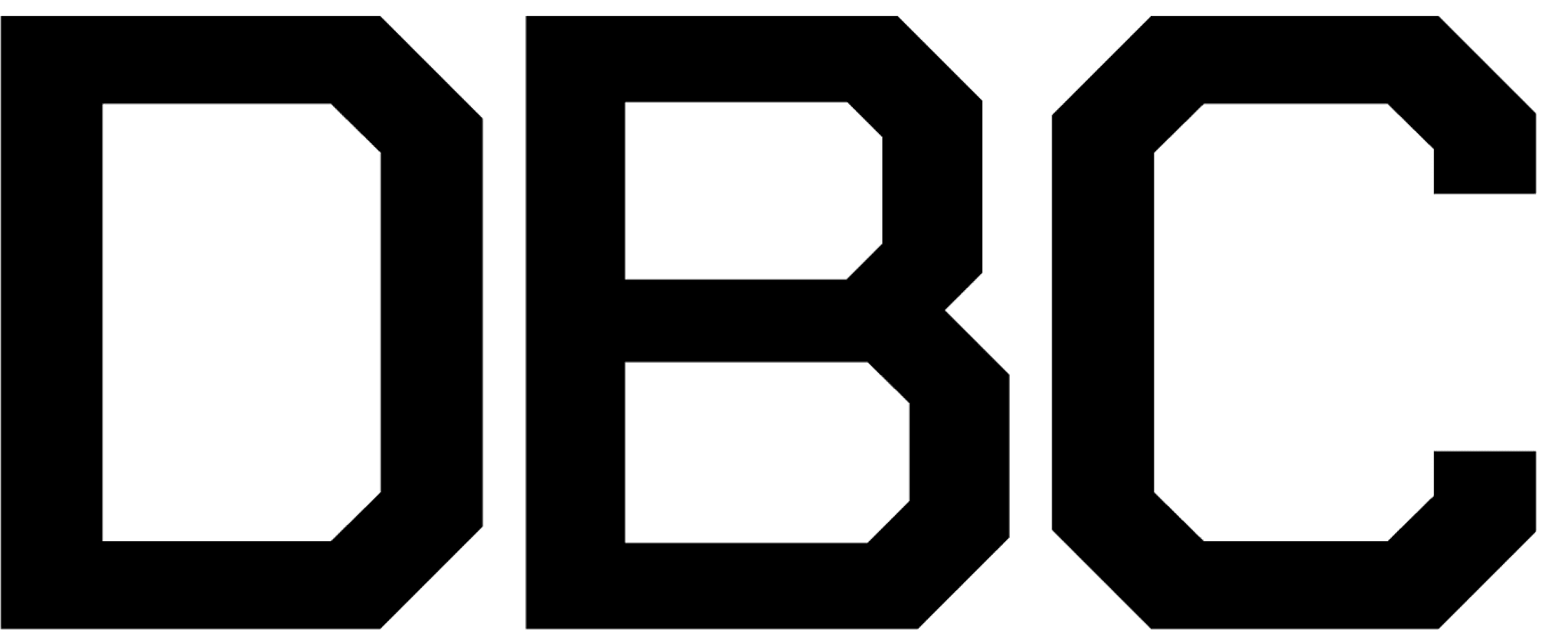3
min read
You probably have considered a probiotic supplement in an attempt to boost your microbiome and help support immune function, digestion or mood. You may even have started drinking kefir and kombucha or eating fermented foods like kimchi and sauerkraut as a natural source of probiotic bacteria.
But is it worth it?
Prebiotic fiber may be a vital nutrient with a wide range of health benefits that go far beyond digestive comfort. But you really don’t need those expensive supplements.
First, mind the fiber gap
fiber is essential for our bodies. Overall, a high fiber diet has been linked with a lower risk of cardiovascular disease, many types of cancer, including bowel cancer and type 2 diabetes.
The term fiber refers to a quite a broad range of plant-based substances, with varying degrees of digestibility (strictly speaking, fermentability), viscosity (thickness) and solubility. Different types of fiber have different effects on the body. For example:
Less fermentable fiber can have a bulking effect which, when combined with drinking plenty of water, can help relieve constipation. If this is your case, try eating foods rich in cellulose, such as green vegetables, wholegrain cereals, nuts and bran
Fermentable fiber from fruit, vegetables and especially oats can help to reduce LDL-cholesterol levels, since, in simple terms, it carries these substances out of our bodies
fiber from cereals, in particular wholegrains such as oats, rye and barley, can help manage blood glucose levels and thereby reduce risk of type 2 diabetes
We get it, fiber is important, but how much?
We should aim to eat 30g fiber a day but on average most of us don’t get enough. In the US, the average adult gets around 10 - 15g of fiber and 20g in the UK. Before jumping right into a kombucha drink, guarantee you can reach your daily levels of fiber.
What about our gut bacteria?
While it was thought that all fiber passed through our system undigested, we now know that our gut microbiome - the beneficial bacteria that lives in our gut and helps support our digestion, immune function and even potentially our appetite and mood - can actually digest certain types of fermentable fiber, releasing beneficial substances.
The bacteria ferment the fiber, releasing by-products known as “short chain fatty acids” which help fuel gut cells and can have beneficial effects on appetite and glucose metabolism.
So, prebiotics are a big deal for digestion.
Where can I find prebiotics?
All the below contain fiber types that can be digested by our microbiota:
Artichoke
Chicory
Leek
Onion
Garlic
Asparagus
Cabbage
Oats
Bananas, especially those that are less ripe
Beans and lentils
Introduce prebiotic fiber gradually, as they can lead to some rather embarrassing side effects if eaten in large quantities, suddenly!
Consider eating a wide range of fiber types and not just prebiotic ones to get the most diverse health effects - try to also eat a wide variety of plant-based foods, including fruits and vegetables, wholegrains, nuts and seeds for all round health. Go gradually, eat mindfully and practice relaxation - your gut and mind will thank you.
Or just let us help you make the right choices to achieve your goals and long-term health. Book a quick call with our certified team here.

